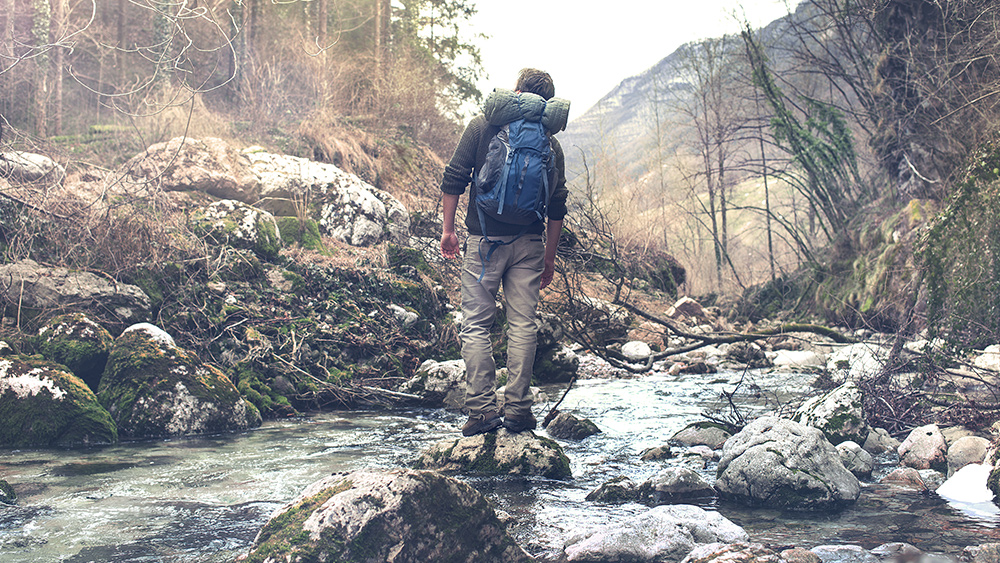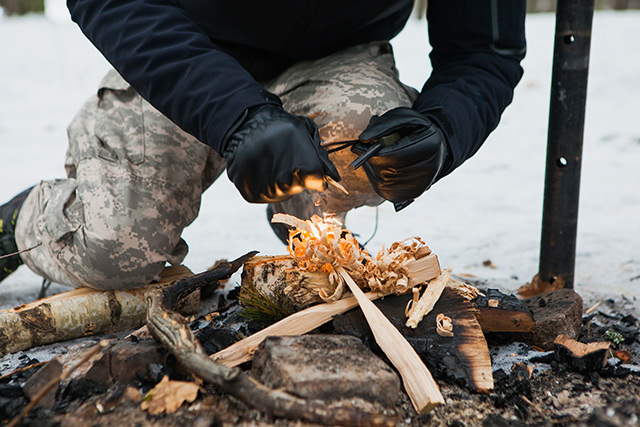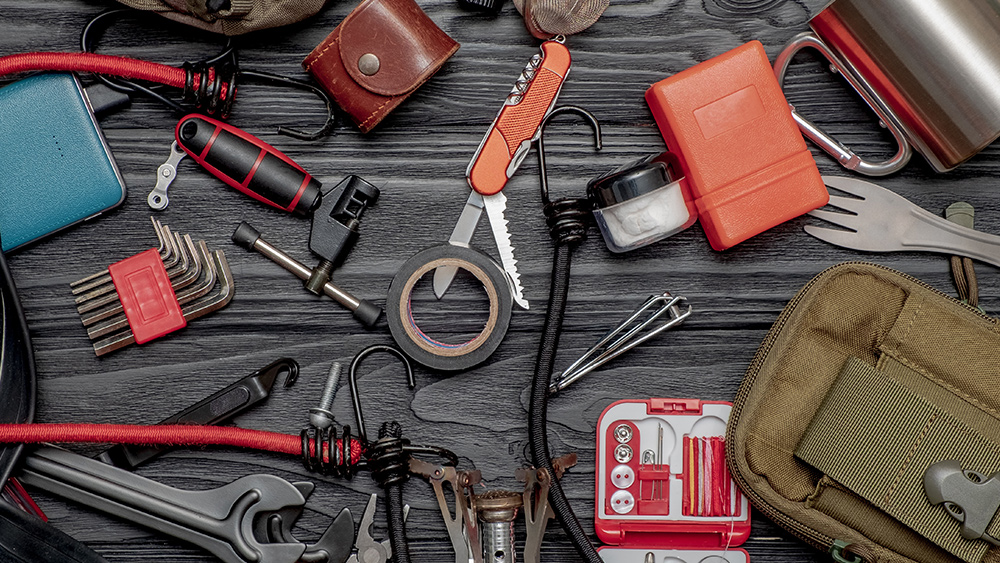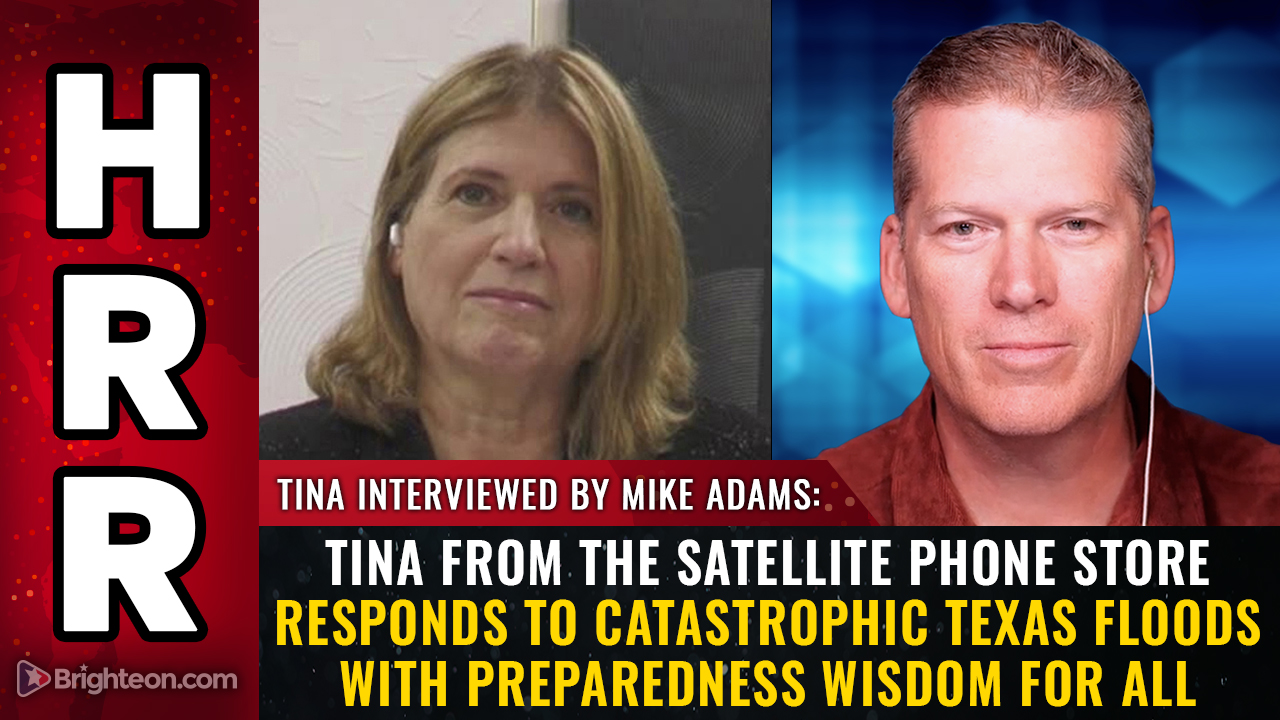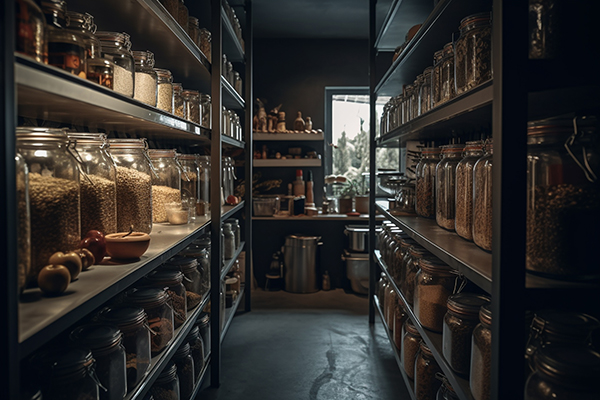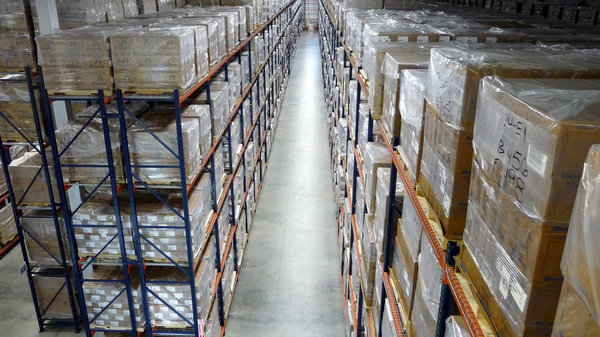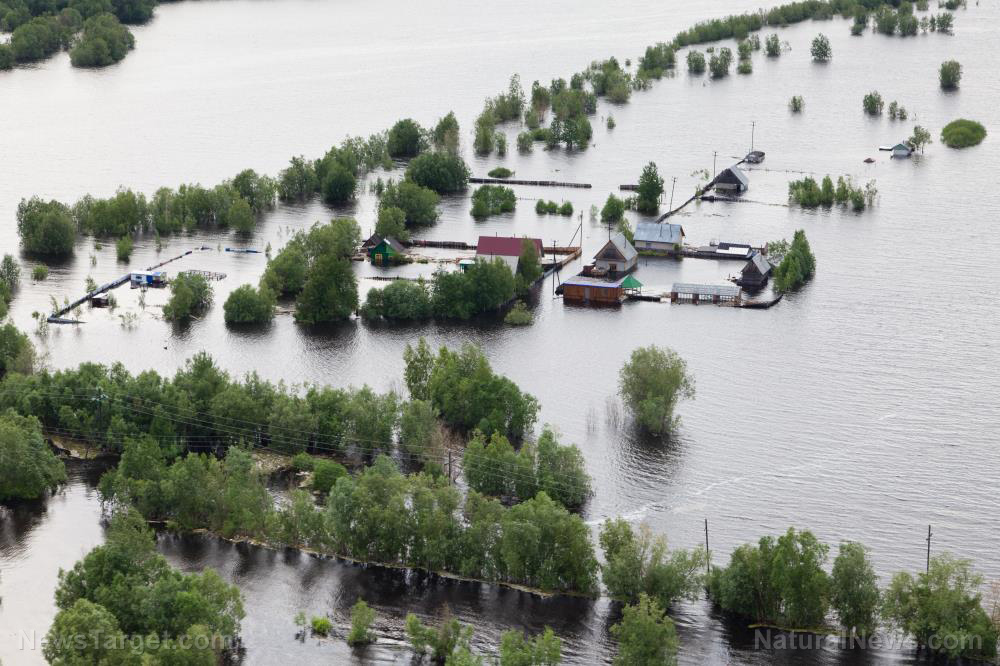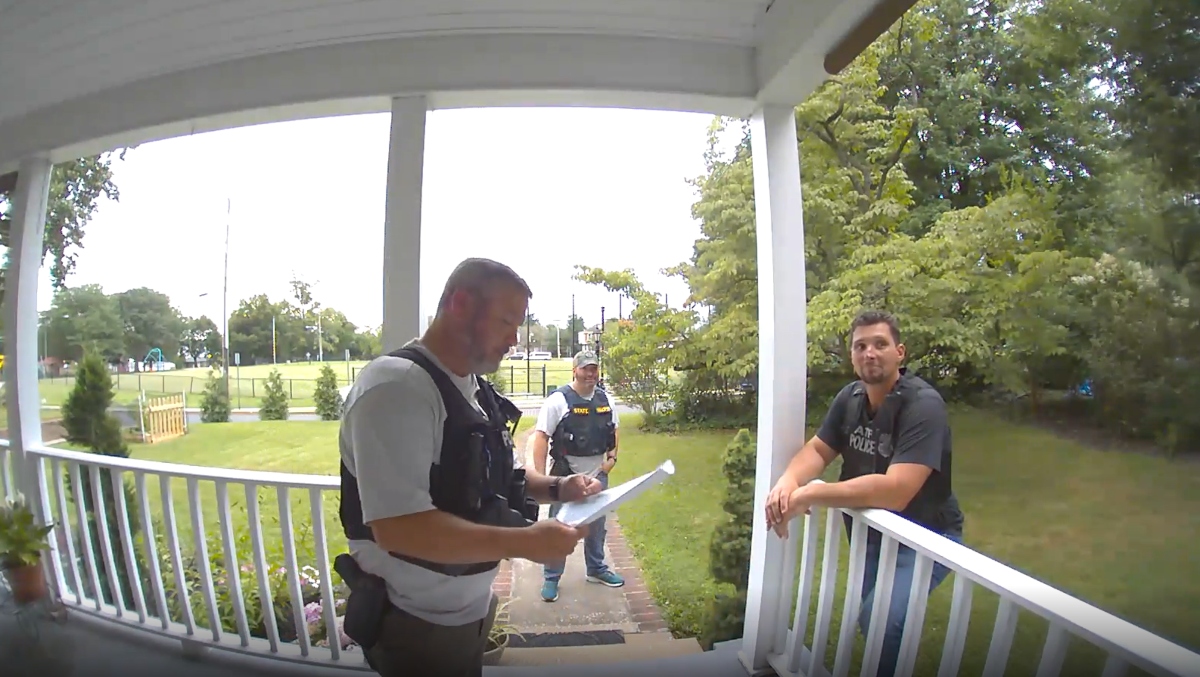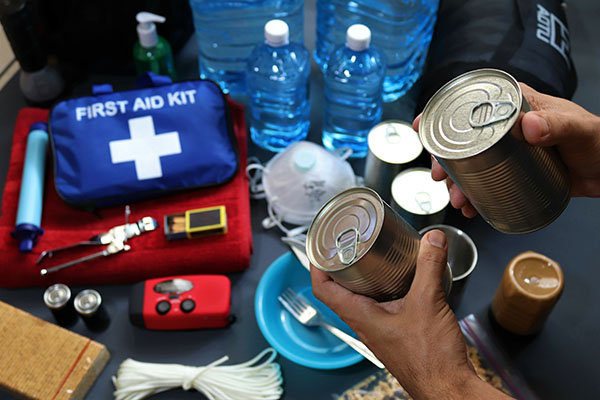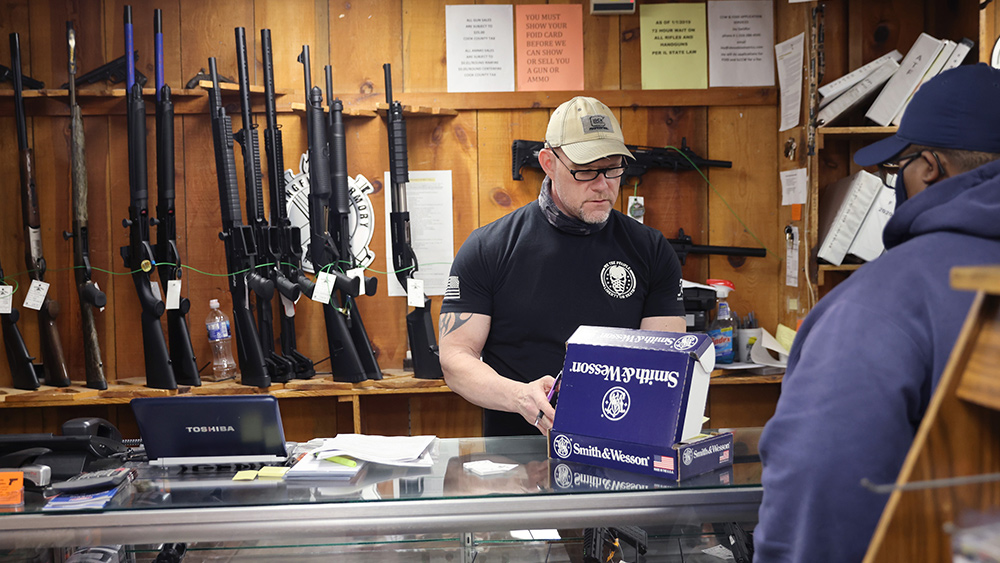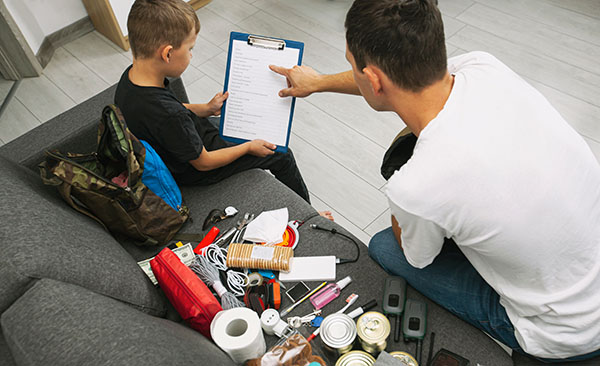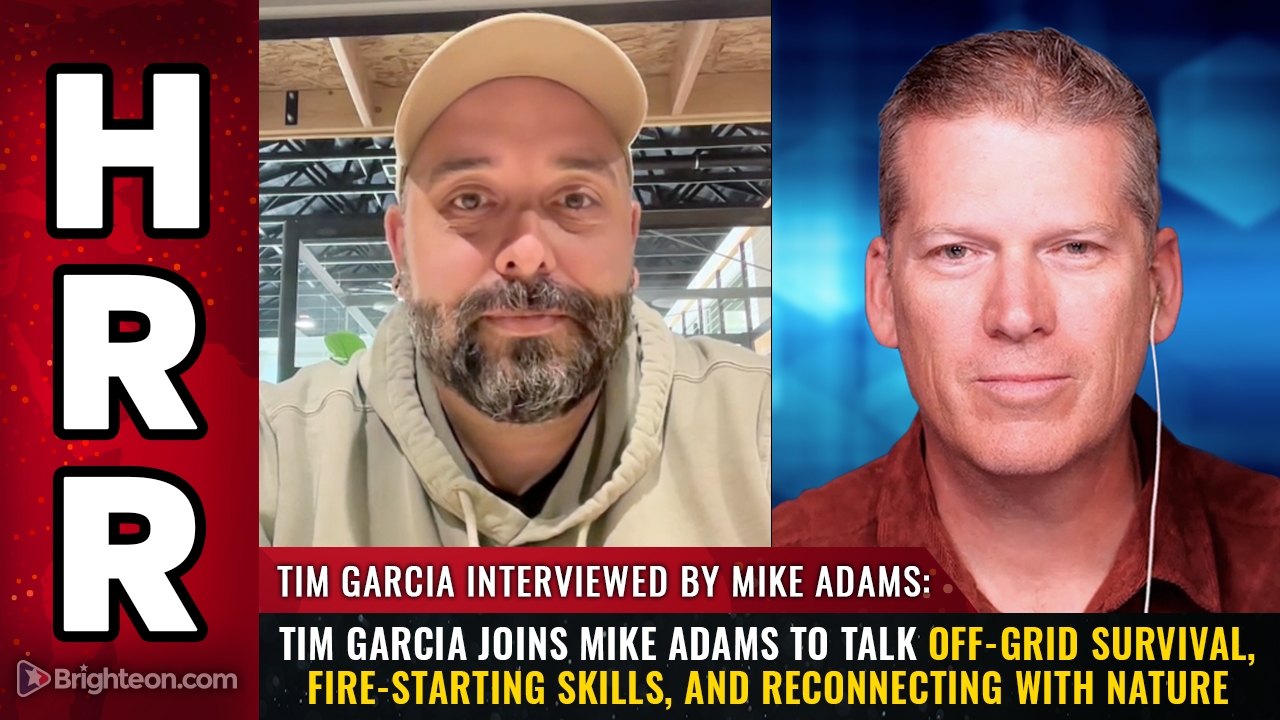The minimalist prepper: How owning less can prepare you for more when disaster strikes
07/21/2025 / By Zoey Sky

- Owning less as a minimalist prepper can make you more prepared by focusing on essential, high-quality items that serve multiple purposes.
- Minimalism frees you from the pressure to accumulate possessions, allowing you to invest in what truly matters.
- Owning fewer items reduces expenses, providing financial freedom to allocate resources to preparedness and personal growth.
- Assess needs, prioritize quality, rotate supplies, digitize documents and practice minimalist living to streamline preparedness efforts.
- Minimalist prepping fosters resilience and empowers individuals to define success on their own terms, proving that less can indeed mean more.
In a world where the concept of preparedness often conjures images of stockpiled basements and shelves brimming with supplies, the idea of minimalism might seem counterintuitive.
After all, how can one be prepared for the unknown with less? But a growing movement of individuals known as minimalist preppers is challenging this notion, proving that owning less can indeed mean being more prepared.
This philosophy not only aligns with the principles of minimalism but also enhances one’s ability to face emergencies with confidence and resilience. (h/t to TheOrganicPrepper.com)
The essence of minimalism
Minimalism is more than just a trend; it is a lifestyle choice that emphasizes reducing material possessions, distractions and clutter to focus on what truly matters.
Becoming a minimalist means reducing your material possessions, distractions and clutter to focus on things that are important to you. This approach encourages individuals to prioritize quality over quantity, ensuring that every item they own serves a purpose and adds value to their lives.
For those who embrace minimalism, the benefits extend beyond mere aesthetics. By owning less, you can allocate your resources more effectively, investing in high-quality items that enhance your preparedness without overwhelming your living spaces, which can be crucial if you live in an apartment or a house with limited storage space.
This is particularly relevant in the realm of emergency preparedness, where the focus shifts from hoarding supplies to acquiring essential, reliable gear. (Related: Minimalist home: How to declutter and keep meaningful items.)
The freedom of owning less
One of the most profound benefits of minimalism is the freedom it brings. By choosing to own less, you can break free from the cycle of consumerism and the pressure to accumulate possessions.
This freedom allows you to define success on your own terms, whether that means investing in quality tools for survival or simply enjoying the peace of mind that comes with a clutter-free environment.
Consider the example of a minimalist prepper who lives in a small-footprint cabin. By choosing to own less, they can afford to invest in high-quality preparedness items, such as a well-stocked pantry and reliable emergency gear. This approach not only ensures their readiness for unforeseen events but also allows them to live comfortably within their means.
Moreover, the freedom from excessive possessions translates into financial independence. With fewer expenses related to maintaining and storing items, you can allocate your resources to experiences, personal growth and, importantly, preparedness. This financial flexibility is a cornerstone of resilience, enabling you to adapt to changing circumstances with ease.
Downsizing your prepping: Tips for minimalist preparedness
For those looking to embrace the minimalist prepper lifestyle, the journey begins with downsizing and prioritizing.
Here are some practical tips to help you streamline your preparedness efforts:
Assess your needs
Evaluate your current lifestyle and identify your essentials. Consider the potential emergencies you might face and focus on acquiring items that address those specific scenarios.
This means if you live somewhere prone to natural disasters, you should prioritize items like a portable solar charger, a hand-crank radio and a well-stocked first-aid kit.
Quality over quantity
Invest in high-quality, durable items that will serve you well in a crisis.
A single, reliable multi-tool can replace a collection of single-use gadgets, while a sturdy, waterproof backpack can ensure your essentials remain safe and dry.
Rotate and monitor supplies
Keep track of your emergency supplies and regularly rotate perishable items like food and medications. This practice ensures your preparedness and also prevents waste and clutter.
Digitize important documents
Store digital copies of important documents, such as identification, insurance policies and medical records, on a portable, password-protected device. This ensures you have access to critical information without the need for physical storage.
Practice minimalist living
Incorporate minimalist principles into your daily life. Try decluttering your living space, simplifying your wardrobe or reducing your reliance on single-use items.
By adopting a minimalist mindset, you can streamline your preparedness efforts and focus on what truly matters.
Essential items for the minimalist prepper
When assembling your bug-out bag, prioritize the following items:
- Battery-powered or hand-cranked radio
- Cash
- Cellphone and chargers
- Duct tape
- First-aid kit
- Flashlight and extra batteries
- Hygiene supplies
- Important documents
- Local maps
- Mask
- Multiuse tool
- Nonperishable food
- Plastic sheeting
- Sanitation supplies
- Thermal emergency blankets.
- Water (One gallon per person per day for drinking and sanitation.)
- Whistle
The minimalist prepper philosophy challenges the traditional notion of preparedness by emphasizing the power of owning less. By prioritizing quality, embracing multi-functionality and focusing on what truly matters, you can achieve a level of preparedness that is both effective and sustainable.
Whether you are just starting your journey or are a seasoned minimalist, the principles of minimalism can transform your approach to preparedness, proving that sometimes, less really is more prepared.
Visit Survival.news for more tips on how to get ready before disaster strikes. You can also visit Health Ranger Store and Brighteon Store for more clean food supplies for your prepping stockpile.
Watch this clip about Freeze-Dried Organic Corn and why you need it in your survival stockpile.
This video is from the Health Ranger Store channel on Brighteon.com.
More related stories:
Spring cleaning for safety: How to update your urban emergency kit.
Health Ranger Report: Marjory Wildcraft explains why off-grid survival skills are important.
“Square Foot Gardening”: Revolutionizing urban agriculture with simplicity and sustainability.
Inspired minimalism: 6 Steps to declutter your life.
Sources include:
Submit a correction >>
Tagged Under:
decluttering, emergency kit, emergency preparedness, emergency preparedness plan, Gear, go bag, home organization, homesteading, how-to, minimalism, minimalist prepping, off grid, preparedness, prepper, prepping, prepping supplies, SHTF, survival, survival stockpile, survival supplies, tips
This article may contain statements that reflect the opinion of the author
RECENT NEWS & ARTICLES
COPYRIGHT © 2017 GEAR.NEWS
All content posted on this site is protected under Free Speech. Gear.news is not responsible for content written by contributing authors. The information on this site is provided for educational and entertainment purposes only. It is not intended as a substitute for professional advice of any kind. Gear.news assumes no responsibility for the use or misuse of this material. All trademarks, registered trademarks and service marks mentioned on this site are the property of their respective owners.


